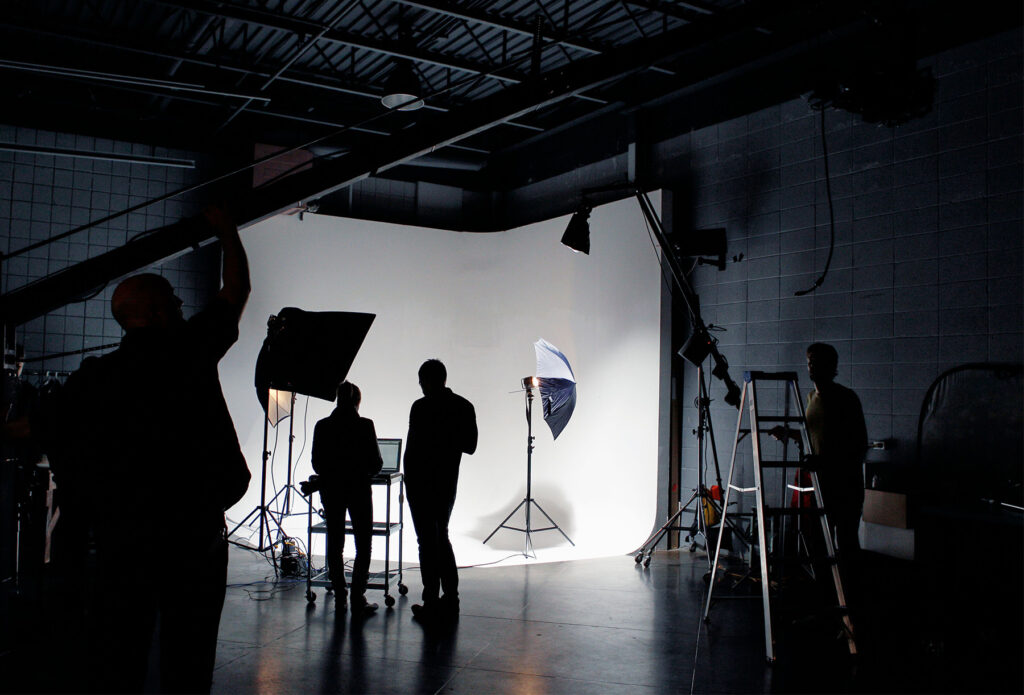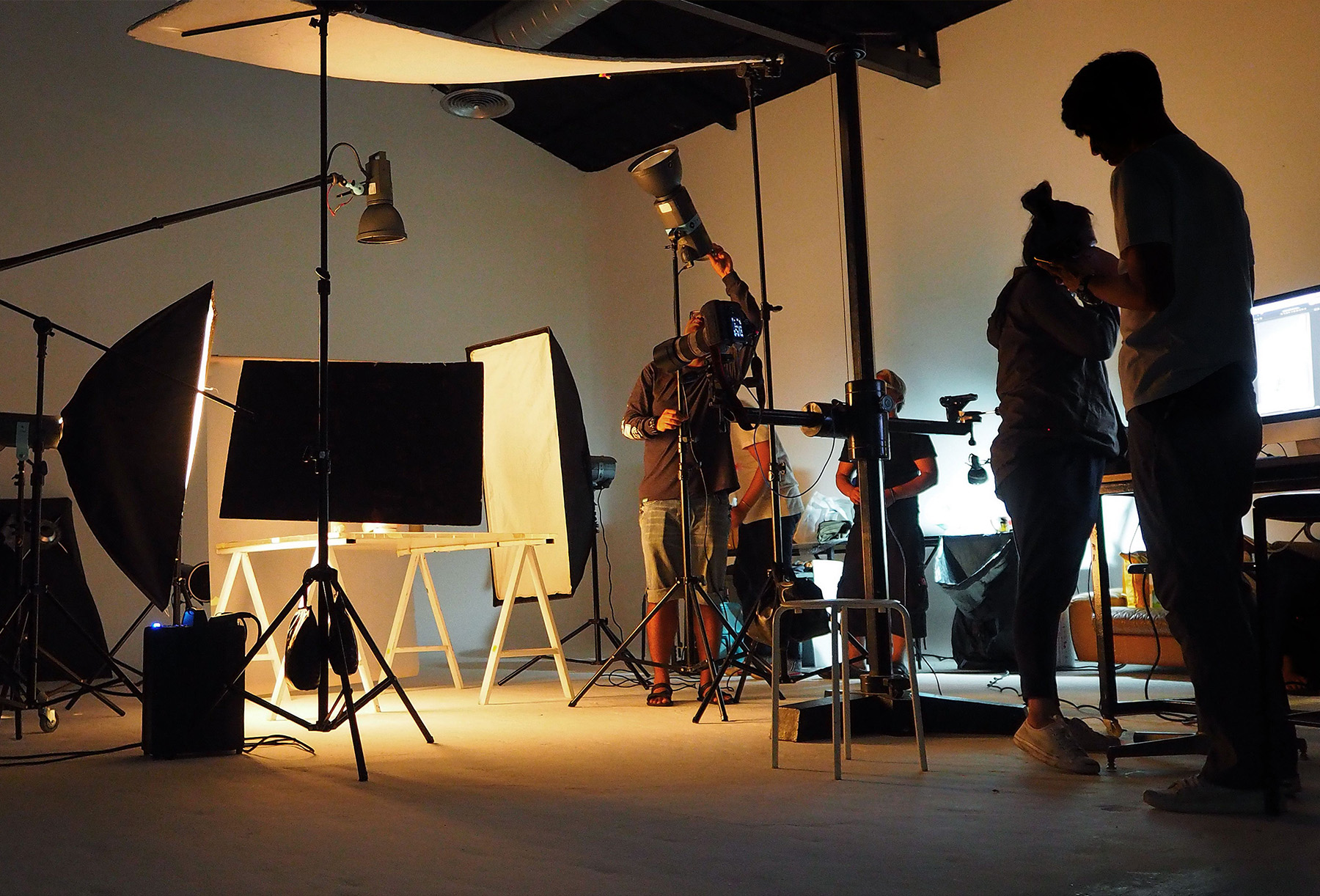Arriving on a film set can invoke a mixture of emotions; anticipation and apprehension often compete for dominance as you step into an unmistakably vibrant and dynamic environment.
Understanding the nuances of set etiquette is crucial not only for your immediate effectiveness but also for your long-term career progression.
This guide is designed to navigate you through the essential practices of professional conduct, ensuring that your experience on set is enriching and conducive to fostering a robust professional reputation.
Preparation and Punctuality
The day begins in the pre-dawn hours when the outside world remains asleep, yet the film set is already a hive of activity. Preparation is your ally. Outfit selection the night before, a quick shower, and listening to a relevant podcast en route to the set can help transition your mind into a professional mindset.
Upon arrival, the intensity of the environment can be overwhelming—the buzz of creativity and the urgency of production is palpable. This vibrant atmosphere is where your day’s journey begins.
Punctuality is not just a courtesy; it is a professional mandate. Arriving on time—or better, early—is a testament to your professionalism and shows respect for the collective effort of the crew. Delays can be costly, and the film industry, known for its tight schedules and budgets, values those who contribute to efficiency.
There is a significant difference between being ‘on time’, which in film parlance is late, and being early, which is on time.
Understanding and Navigating On-Set Dynamics
Knowing your role and its boundaries is crucial. The responsibilities and freedoms vary significantly between a director, an actor, an extra, or a body double. Directors and assistant directors (ADs) carry most of the operational burden, managing the complex symphony of activities that define a day on set.
The Do’s:
Learn Names
Make an effort to remember and use the names of those around you. This fosters a sense of community and demonstrates your attention to detail and respect for all individuals on set, regardless of their roles.

Be a Team Player
Collaboration is at the heart of filmmaking. Being cooperative, positive, and proactive makes you a valued team member and opens doors to future opportunities through positive referrals and repeat engagements.

Respect Everyone
Each person on set, from the director to the catering staff, plays a crucial role in the production. Ensuring a respectful and harmonious work environment boosts morale and enhances productivity.

The Don’ts

Avoid Unnecessary
Complaints
Professionalism involves maintaining a positive outlook and refraining from airing grievances during working hours. Complaints can disrupt the set’s harmony and potentially damage your professional relationships.

Resist Touching
Equipment
Do not handle or move any equipment unless explicitly instructed to do so. This respects the technical crew’s domain and minimises potential disruptions or accidents.

Refrain from Unsolicited Photos
Respect the confidentiality and privacy of the production process by not taking photographs without permission. This adheres to professionalism and respects the non-disclosure agreements often in place.

Networking Missteps
While building a network is essential, the set is not the place for overt self-promotion. Focus on your tasks and let your professionalism advocate on your behalf. Authentic connections are forged through shared work experiences, not through forced interactions.
Cultivating Professional Relationships
Engaging with others on set should always be guided by a sense of professionalism and a genuine interest in the work and the people involved. Meaningful interactions, rather than superficial networking, will enrich your experience and help build sustainable professional relationships.
Conduct and Professionalism
Every action on set should contribute positively to your tasks and the broader production goals. This involves adhering to directions, maintaining a courteous and cooperative attitude, and ensuring respectful and constructive interactions.

The Importance of Continuous Learning
A film set is a learning environment. Each day presents new challenges and opportunities to enhance your understanding of the filmmaking process. Embrace these opportunities; observe, ask questions when appropriate, and learn from both the successes and the mistakes of others.
Handling Challenges
Challenges on set, whether they involve logistical issues, interpersonal dynamics, or technical difficulties, are inevitable. Approaching these challenges with a problem-solving mindset can help you stand out as a capable and reliable professional.
In Conclusion
Film set etiquette is about more than just following rules; it’s about cultivating a mindset of professionalism, respect, and collaboration. These qualities are essential for anyone aspiring to build a lasting career in the film and television industry. By consistently demonstrating these traits, you establish yourself as a professional who is capable of handling the demands of the job and committed to contributing positively to the collective endeavour.
As you navigate your career in this exhilarating industry, remember that your professional conduct on set is as important as your technical skills and artistic talents. Embrace each opportunity with enthusiasm and professionalism, and you will build a reputation that opens doors to new opportunities and paves the way for a successful career in film and television.
By adhering to these guidelines, you can ensure that your time on set is productive and enjoyable, setting the stage for a fruitful and rewarding career in the dynamic world of film and television.







